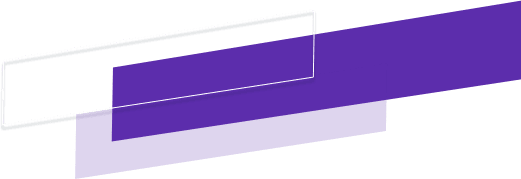Do Film & TV Actors Need Voice Training?
- CHARLIE SANDLAN
- Nov 6, 2017
- 3 min read
Updated: Feb 24
There is a common misconception that the main purpose behind voice training for actors is projection, so most film & tv actors believe they have no use for it. Neither of these things is true.
The voice is one of the most intimate parts of ourselves, and we share this continually with others. Our voice is one of the major creative tools of the actor. Whether performing on stage or in film, actors need a voice that is emotionally connected and intelligible.
Our parenting, education, and socialization often teach us to stifle and limit our voice’s incredible potential. As actors then, we cannot take for granted that the voice will easily and consistently reach a place of transparency and clarity when needed. Brilliant actors speak with immediacy and personal truth, whether they’re in a 2,000-seat theater or on an intimate film set, and this takes discipline and self-reflection.
At the Maggie Flanigan Studio, where the Meisner Technique is the core of our professional conservatory, training of the voice is essential in shaping a dynamic, vulnerable, and serious actor.

The whole body is part of the vocal instrument, and tension in the lips, tongue, and jaw can compromise range and articulation. Muscular habits like clenching the jaw, squinting the eyes, or pursing the lips, protect us from expressing ourselves freely in moments where it would be inappropriate, or with people who we fear will judge what we say. The camera will also magnify these gestures, often times cluttering and diminishing an actor’s behavior.
Repressed emotion goes hand in hand with holding the breath, which causes the voice to be pushed up, squeezed out, or flattened. Vocal fry is one common result of this. On one hand, speech patterns like this are part of our modern culture and may be appropriate for a character. However, it is unfortunate when an actor’s range is limited to his own personal behaviors so that every role he/she takes on has the same limited vocal range, which they carry in daily life.
Through a physical release, the face softens, and the breath becomes freer. This enables the voice to play through the actor’s 3 to 4-octave speaking range; last a long day onset or onstage without wear and tear; and carry the nuance of human emotion in any environment.
Accessing specific resonant chambers in the body, mastering the subtleties of how tongue placement affects sound, and fine-tuning the ear to pick up the musicality of language put the actor at a tremendous advantage in acquiring dialects.
When the actor is plugged into her voice, the scale of the performance can be incredibly dynamic. To examine the voice simply from the standpoint of whether it’s loud enough diminishes the power of the voice.
To explore it from the standpoint of what it is to speak one’s truth, to be vulnerable, to reveal one’s fears and strengths, and to fulfill the desire to share these parts of the self with those who wish to listen, empowers the artist behind the voice. It is this work which separates mediocre actors from real serious artists.

More About Voice and Speech Classes for Actors at the Maggie Flanigan Studio
Voice Training for Film & TV Actors is part of the Two Year Acting Program at the Maggie Flanigan Studio. To learn more about the classes and professional training at the studio, call (917) 794-3878.
Interested in voice acting? Check out our blog How to Study Voice Acting: A Step-by-Step Guide.

















Comments